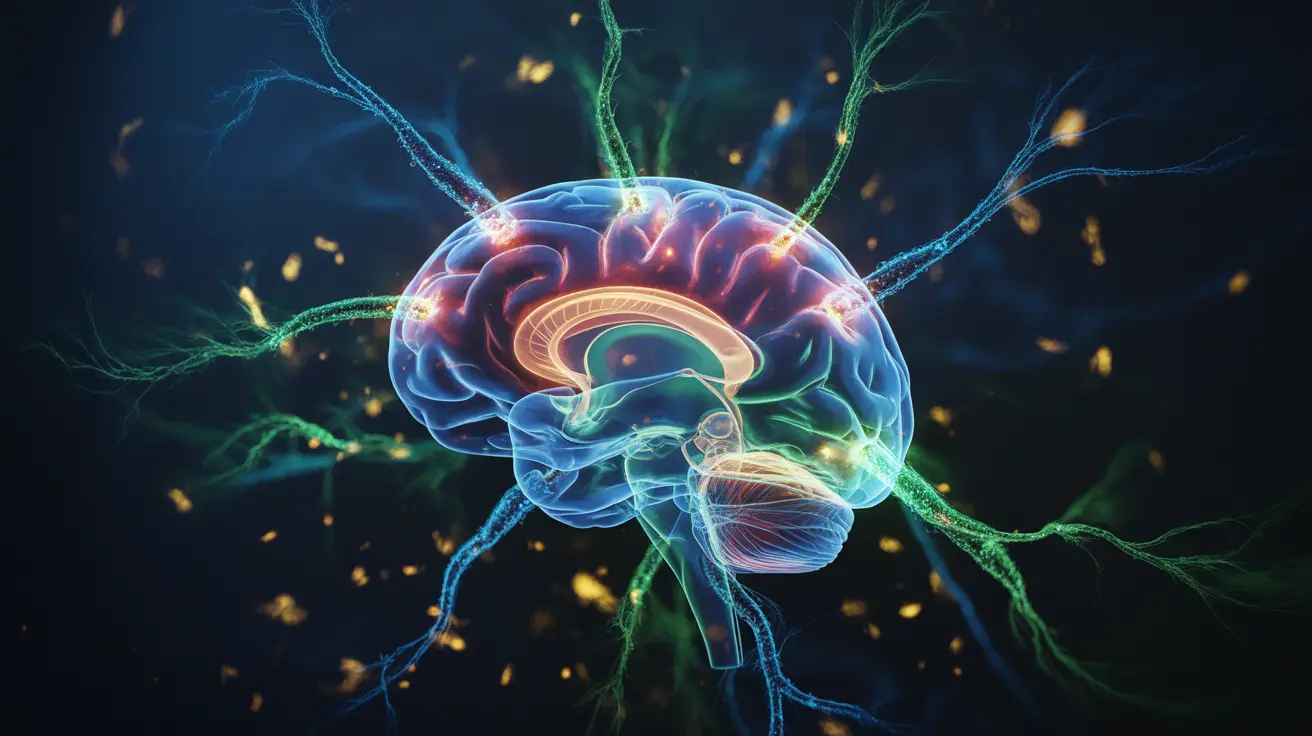The relationship between energy drinks and anxiety has become a growing concern, particularly among teenagers and young adults. As these highly caffeinated beverages gain popularity, understanding their effects on mental health and well-being is increasingly crucial for both consumers and healthcare providers.
Research suggests that the combination of stimulants found in energy drinks can significantly impact mental health, with anxiety being one of the most commonly reported side effects. This comprehensive guide explores the connection between energy drinks and anxiety, offering evidence-based insights into this important health issue.
The Chemical Impact of Energy Drinks on Mental Health
Energy drinks contain a potent mixture of stimulants, with caffeine being the primary active ingredient. These beverages typically include other substances such as taurine, B-vitamins, and herbal supplements that can affect the nervous system and potentially trigger or worsen anxiety symptoms.
The high caffeine content in energy drinks can lead to:
- Increased heart rate
- Elevated blood pressure
- Jitteriness and tremors
- Racing thoughts
- Heightened stress response
- Panic-like symptoms
Adolescents and Energy Drink Consumption
Young people are particularly vulnerable to the effects of energy drinks on mental health. Their developing brains and bodies may react more intensely to stimulants, and they may be more susceptible to anxiety-related symptoms.
Risk Factors for Youth
Several factors make teenagers and young adults more susceptible to anxiety when consuming energy drinks:
- Lower tolerance to caffeine
- Ongoing brain development
- Higher likelihood of excessive consumption
- Potential interactions with hormonal changes
- Greater sensitivity to stress responses
The Sleep-Anxiety Connection
Energy drinks can significantly disrupt sleep patterns, creating a cycle that may exacerbate anxiety symptoms. Regular consumption, especially later in the day, can lead to:
- Difficulty falling asleep
- Reduced sleep quality
- Shortened sleep duration
- Daytime fatigue
- Increased irritability
Poor sleep quality can amplify anxiety symptoms, creating a destructive cycle where individuals may turn to more energy drinks to combat fatigue, further worsening both sleep and anxiety issues.
Safe Consumption Guidelines
To minimize the risk of anxiety and other mental health effects, consider these guidelines:
- Limit intake to no more than one energy drink per day
- Avoid consumption after 2 PM
- Stay within recommended caffeine limits (400mg daily for adults)
- Monitor personal responses and symptoms
- Consider alternatives like green tea or natural energy boosters
Frequently Asked Questions
How do energy drinks affect anxiety and mental health in teenagers and young adults?
Energy drinks can significantly impact anxiety and mental health in young people by triggering stress responses, increasing heart rate, and potentially causing panic-like symptoms. The high caffeine content and other stimulants can particularly affect developing brains, leading to increased anxiety sensitivity.
What causes anxiety symptoms after drinking energy drinks?
Anxiety symptoms after consuming energy drinks are primarily caused by their high caffeine content and other stimulants. These ingredients can trigger the release of stress hormones, increase heart rate, and create physical sensations that may mimic or trigger anxiety.
How much caffeine from energy drinks is safe for adolescents to avoid anxiety and stress?
Adolescents should limit caffeine intake to no more than 100mg per day (roughly one small energy drink). However, some healthcare providers recommend avoiding energy drinks altogether during adolescence to prevent anxiety and other adverse effects.
Can energy drinks worsen existing anxiety or other mental health conditions?
Yes, energy drinks can significantly worsen existing anxiety and other mental health conditions. The stimulants in these beverages can amplify anxiety symptoms, trigger panic attacks, and interfere with medications used to treat mental health conditions.
What are the effects of energy drinks on sleep and how does poor sleep contribute to anxiety?
Energy drinks can disrupt normal sleep patterns by making it difficult to fall asleep, reducing sleep quality, and shortening sleep duration. Poor sleep resulting from energy drink consumption can increase stress hormones, reduce emotional resilience, and worsen anxiety symptoms, creating a cycle of sleep disruption and increased anxiety.




